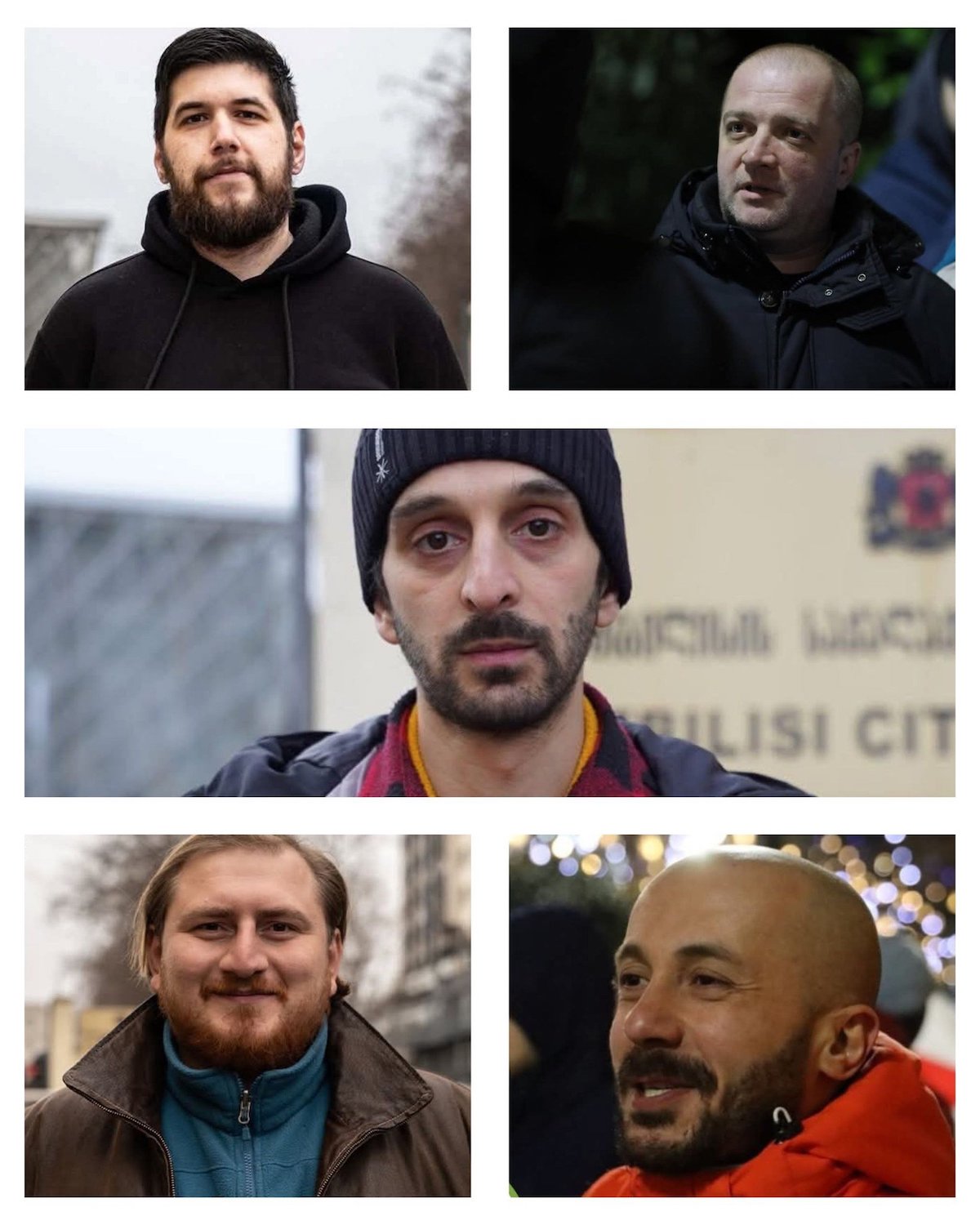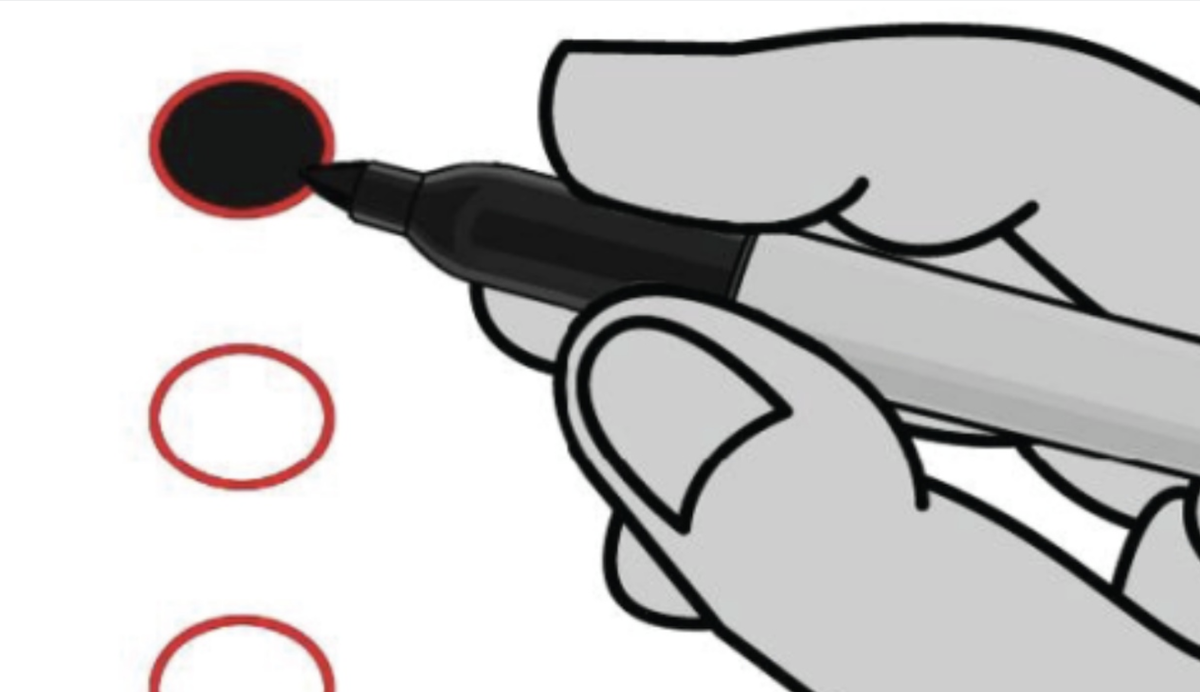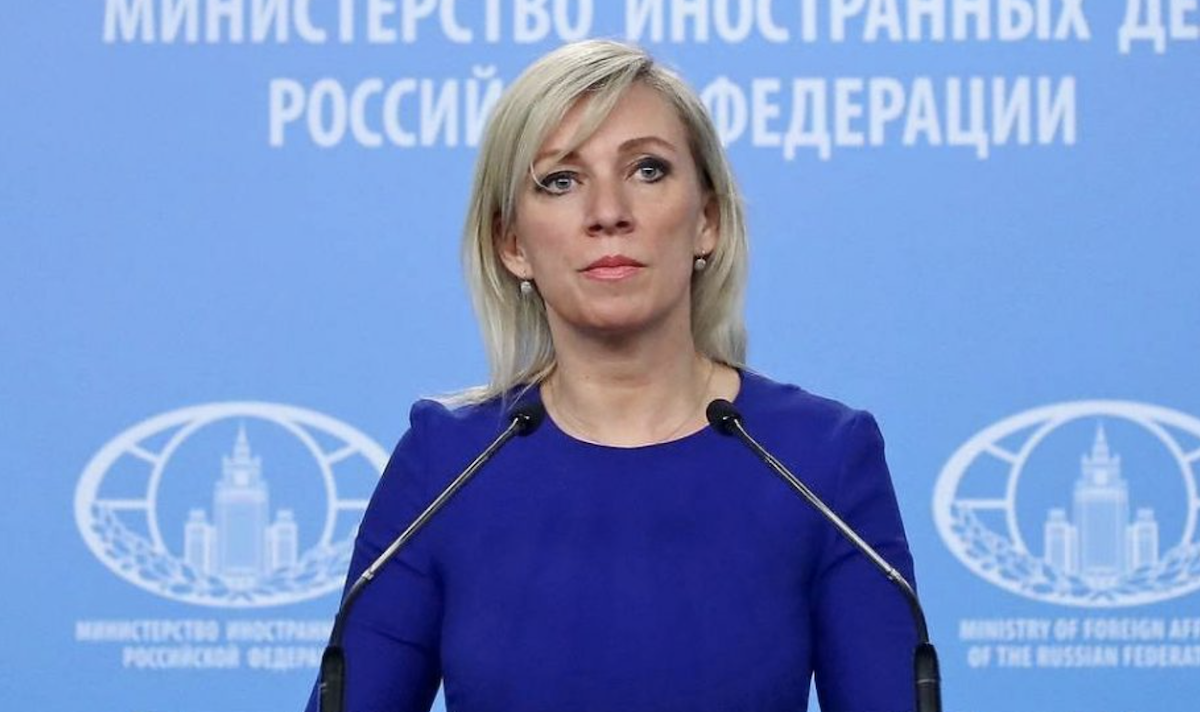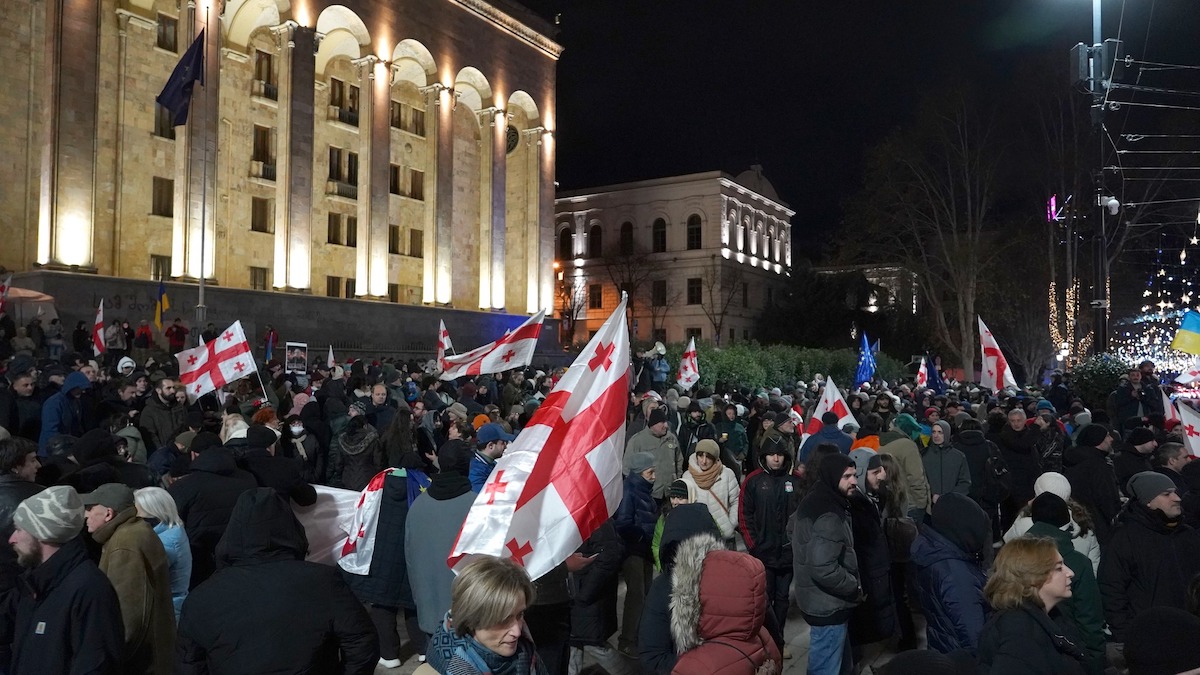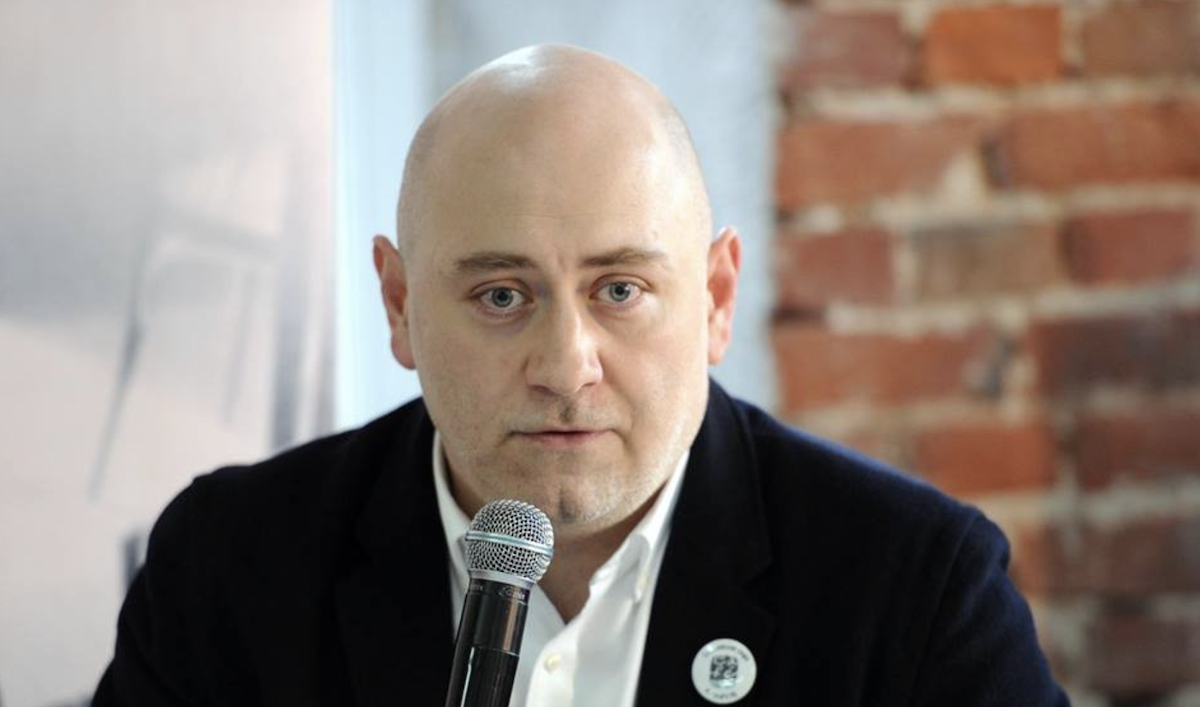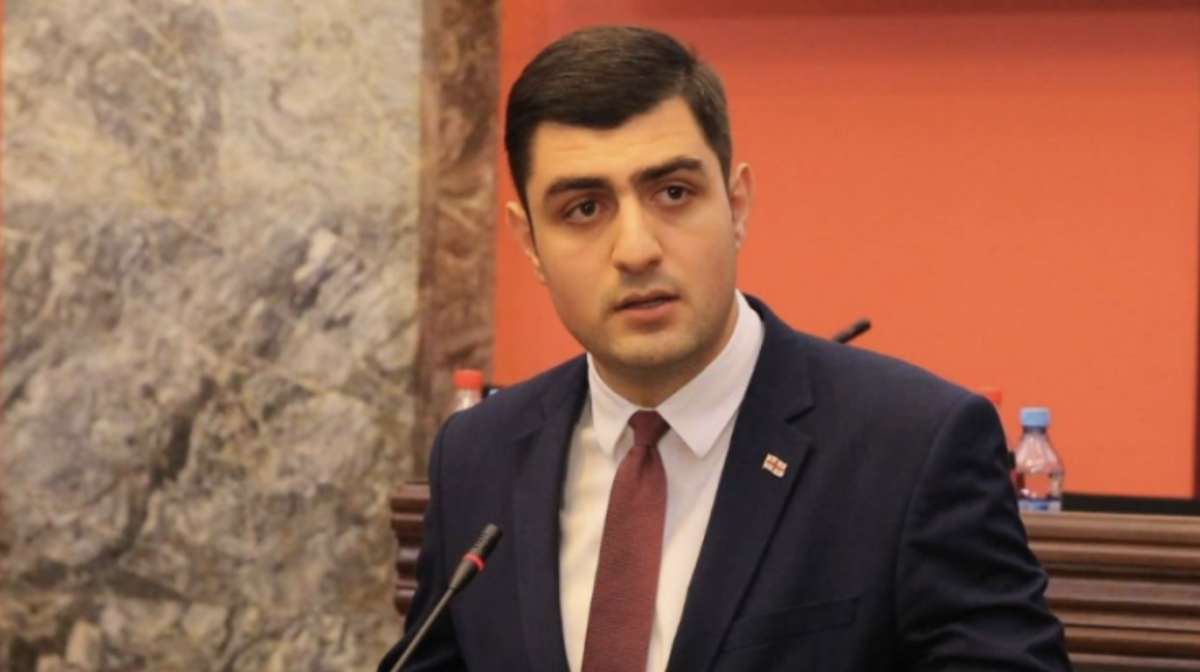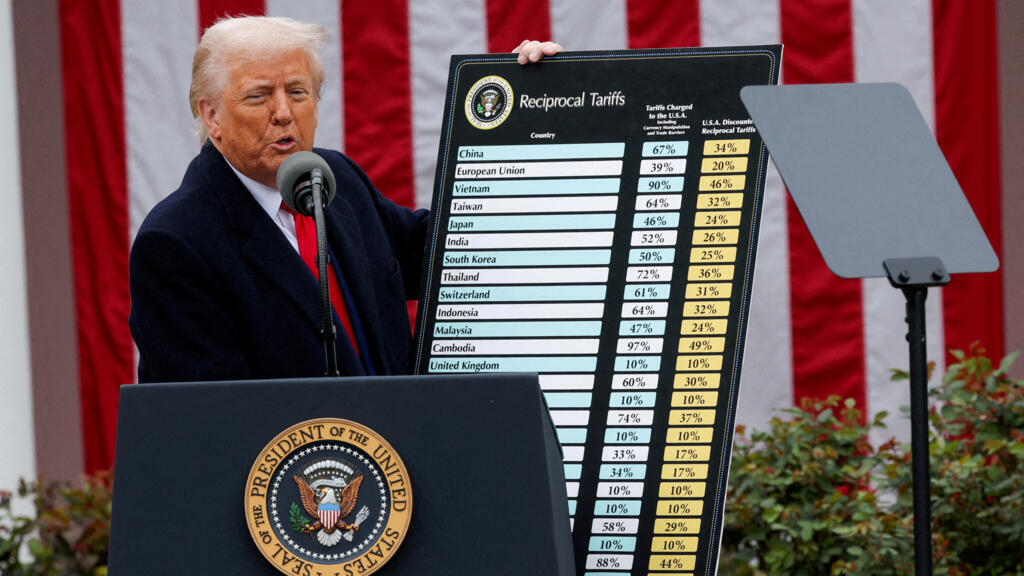From crime to Constitutional Court: career rise of Azerbaijan’s former military prosecutor
Khanlar Valiyev appointed to new post
On 11 April, former Military Prosecutor of Azerbaijan Khanlar Valiyev — whose name has been repeatedly linked to the “Tartar case,” involving brutal torture and grave human rights violations — was appointed as a judge of the Constitutional Court.
On 8 April, it was announced that Deputy Prosecutor General and Military Prosecutor Khanlar Valiyev had retired following the end of his term of office.
Prosecutor General Kamran Aliyev praised Valiyev’s professionalism within the law enforcement system, his achievements in improving the work of the Military Prosecutor’s Office over the years of impeccable service, and awarded him the 1st Degree “For Service to the Fatherland” Order, granted by presidential decree No. 527 on 17 March 2025.
Valiyev’s repeated mention in the context of the “Tartar case” casts doubt not only on his appointment to the Constitutional Court, but also on the honours he received — documenting a system that rewards impunity.
Tartar case — brief timeline
In 2017, dozens of servicemen from Azerbaijan’s Ministry of Defence were arrested on charges of espionage for Armenia. From May that year, reports began to emerge of mass torture of detainees — some of whom were tortured to death — alongside numerous other rights violations. These revelations first came to public attention through leaks on social media.
In December 2021, following the reopening of the investigation into the “Tartar case,” 452 individuals were officially recognised as victims. These included both survivors of torture and the families of those who died, recognised as their legal successors.
Thirteen people across three groups were brought to trial on torture charges related to the “Tartar case.” They were sentenced to between 4 years and 10 months and 13 years in prison. However, they denied the charges and appealed. Moreover, according to several complaints, senior officials believed to be responsible for the torture have still not been held accountable.
A BBC report described the detainees as having suffered severe torture, including the removal of fingernails, electric shocks, submersion in cold water, and other extreme physical and psychological abuse. Although part of the case was later deemed unfounded and some victims were acquitted, no senior officials have been prosecuted for their role in the events.
Who is Khanlar Valiyev and what role he played in Tartar case
Khanlar Telman oglu Valiyev, born in 1955, served as Azerbaijan’s Military Prosecutor from 2000 to 2025 — a full 25 years. He was in office during the events of the “Tartar case” in 2017.
He only publicly commented on the case in 2022, stating in an interview with APA: “If there were violations, they will be investigated.” However, this statement carried no legal weight and was seen more as a formal remark for the press. At the time, both the transparency and legality of the investigations conducted by the Military Prosecutor’s Office were seriously questioned.
What did victims’ families say?
Revana, the wife of officer Ruslan Odzhagverdiyev who died under torture, told the BBC:
“We’ve only been questioned once. It’s hard to say anything for now — I don’t know what will happen next.”
Elbrus, the father of Natig Guluzade, who was accused of treason, said there had been no progress in his son’s case. He said that human rights defender Oktay Gulaliyev, who had worked on the case, was seriously injured in a car accident, leaving the family without legal support.
“So although we went through the local courts, we missed our chance to apply to the European Court.”
Nasir Aliyev, a member of the Committee Against Repression and Torture, also expressed distrust in the new investigation. His son Emil was sentenced to 12 years for treason.
“I don’t expect anything from them,” he said, adding that the previous investigation was also unsatisfactory:
“If the new case is again handled by the Prosecutor’s Office — what kind of objectivity can we expect?”
Trials linked to the “Tartar case” are still ongoing.
Appointment to Constitutional Court — from accountability to reward?
Khanlar Valiyev’s appointment to the Constitutional Court, proposed by President Ilham Aliyev, was approved by parliament. Although formal procedures were followed, the public sees it as a reward. From both legal and political standpoints, it also represents a new form of impunity.
The Constitutional Court is the highest legal authority in the country. To serve on it, one must not only be professionally qualified but also possess an impeccable legal and ethical reputation. Appointing someone whose name is tied to the “Tartar case” undermines public trust in the justice system and society’s sense of fairness.
Law and ethics
Khanlar Valiyev’s appointment highlights a profound ethical and legal crisis within the system. During a period marked by widespread and systematic torture, he was responsible for overseeing investigations and prosecutions. His promotion reflects the selective application of justice in the country.
This stands in direct contradiction to the principles of law — objectivity, accountability, and transparency. Appointing someone who failed to oversee investigations properly to such a high judicial post undermines the legitimacy of the entire legal system.
Most importantly, as long as the rights of the tortured servicemen remain unacknowledged and unaddressed, the promotion of a figure who was at the helm of this system is perceived as a blatant sign of disrespect toward society and the victims’ families. It also symbolises the state’s dismissive attitude towards victims of torture.
The weak public reaction and the lack of sufficient media attention to this appointment only worsen the situation.











